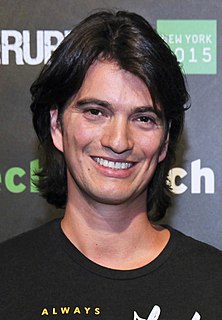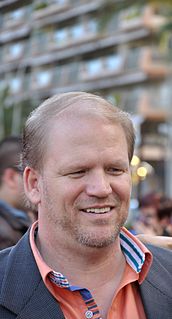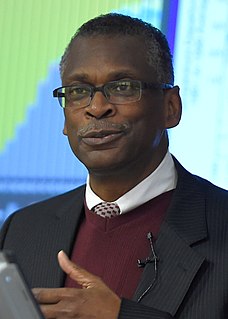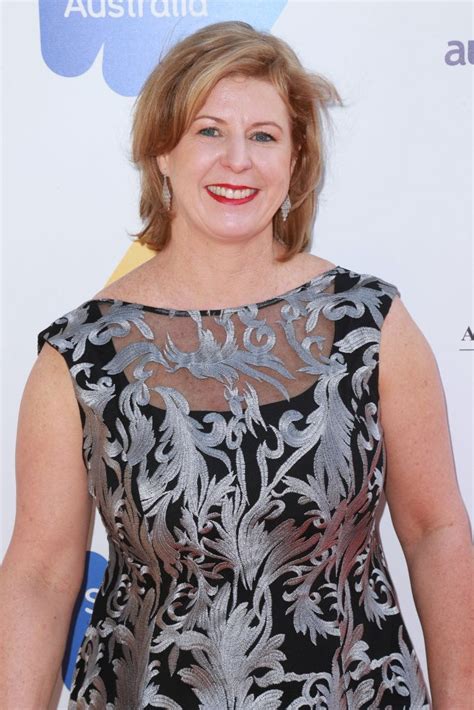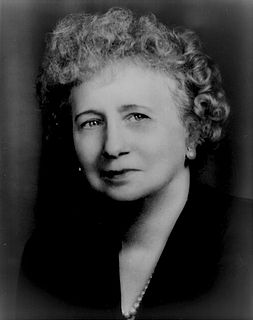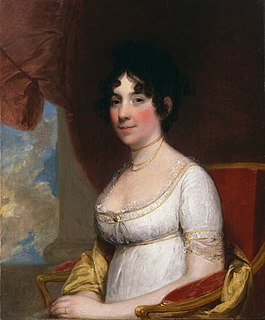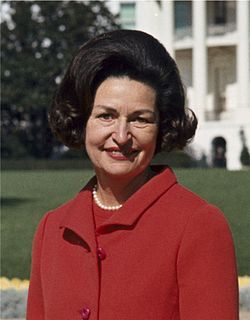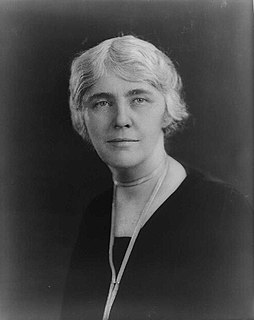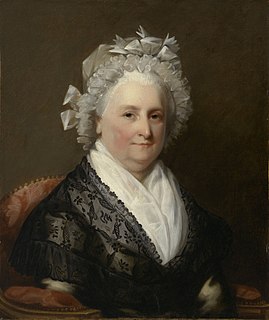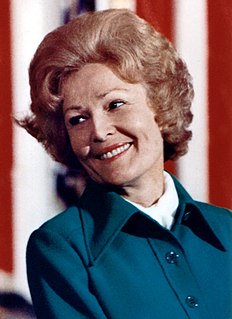A Quote by Laura Bush
I think disease and all the things that we treat are tied to national security in a lot of ways that we maybe don't realize or that the American people don't realize. If other countries have a chance to be stable, then that helps us. If there are ways we can prevent if there are ways we can help other countries defeat diseases, we're about to totally eradicate polio. And can you imagine? That would be so terrific.
Related Quotes
If you take the burden of health care, of diseases off the backs of some other countries, it gives them a chance to use their own very limited resources in ways that help their people. And also there's a hopelessness associated with deadly diseases, that if that can be alleviated, people can build their own economies in their own countries and they'll be less reliant on the developed world for help.
Politically it would be terribly repressive to prevent people from having as many children as they want. But something's got to prevent it; and it won't be pleasant... We're still behaving in ways that have become disastrous... I don't think this helps us to survive... We're very species-centric... and now exist at the expense of every other form of life on Earth.
9/11 was a gamechanger in so many terrible ways, not just for the United States and for our own national security apparatus but for the whole world. And those attacks blew apart any notion of separation between foreign and domestic threats, any notion that such attacks only happen to other people in other countries.
Life hands us a lot of hard choices, and other people can help us more than we might realize. We often think we should make important decisions using just our own internal resources. What are the pros and cons? What does my gut tell me? But often we have friends and family who know us in ways we don't know ourselves.
In some ways I think it [the strike] was important. I'm not sure that "worth it" is the right term, but it was important. A lot of people lost a lot of things - I was greatly concerned for our crews. Those are the people who really sort of paid. A lot of us in quiet ways did everything that we could to help people pay mortgages.
I think a lot of us who had these oddly shaped childhoods, in some ways we're hyper-capable. We're able to take care of ourselves in a lot of ways but it's like we're missing a piece. When everyone went to school to learn how to be a regular person we were sick that day. We compensate other ways. Alcohol and drugs is one of those ways. Instead of learning how to cope with our problems and deal with hardship and deal with anger, we just decide to get drunk and not care.


